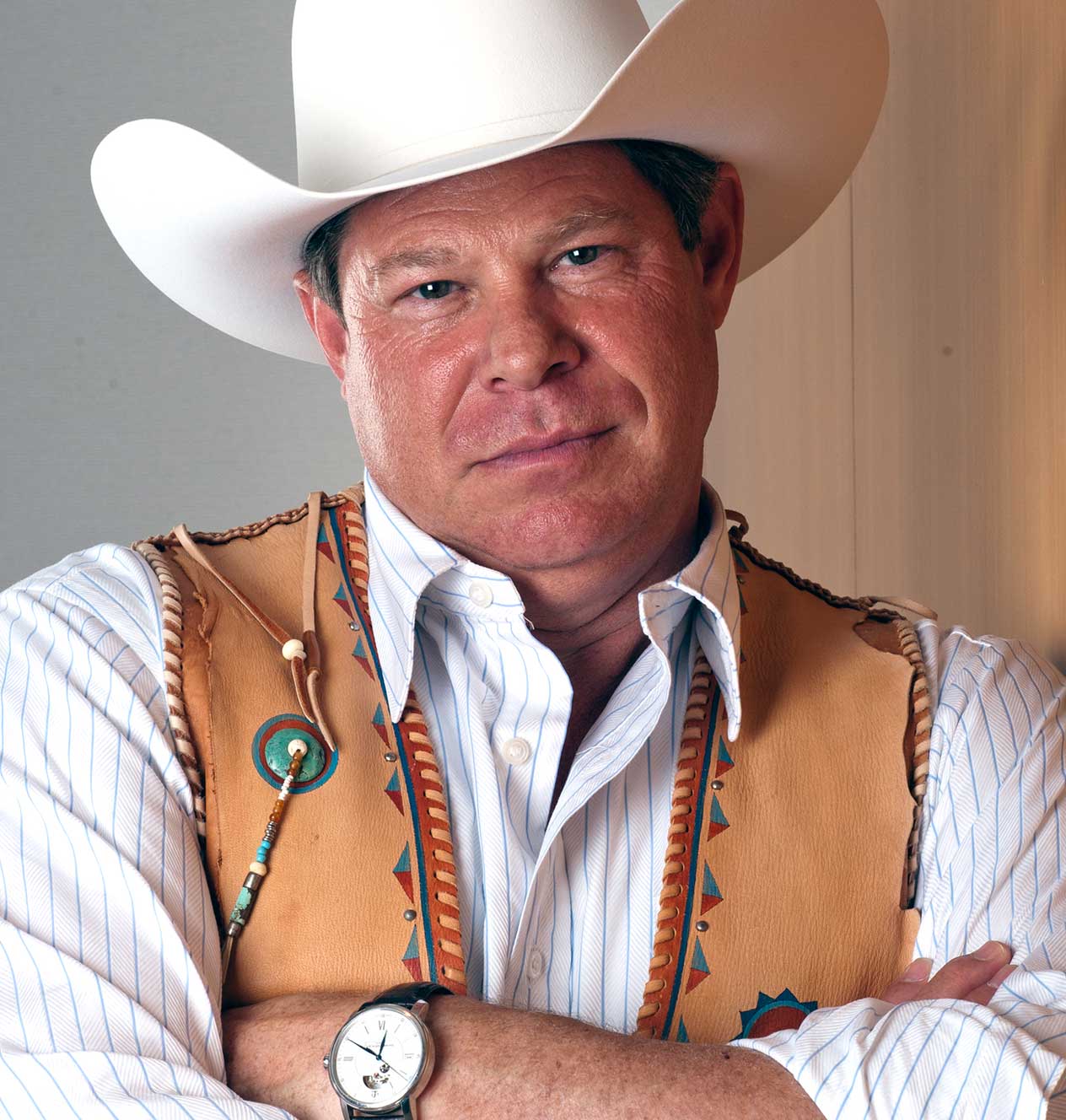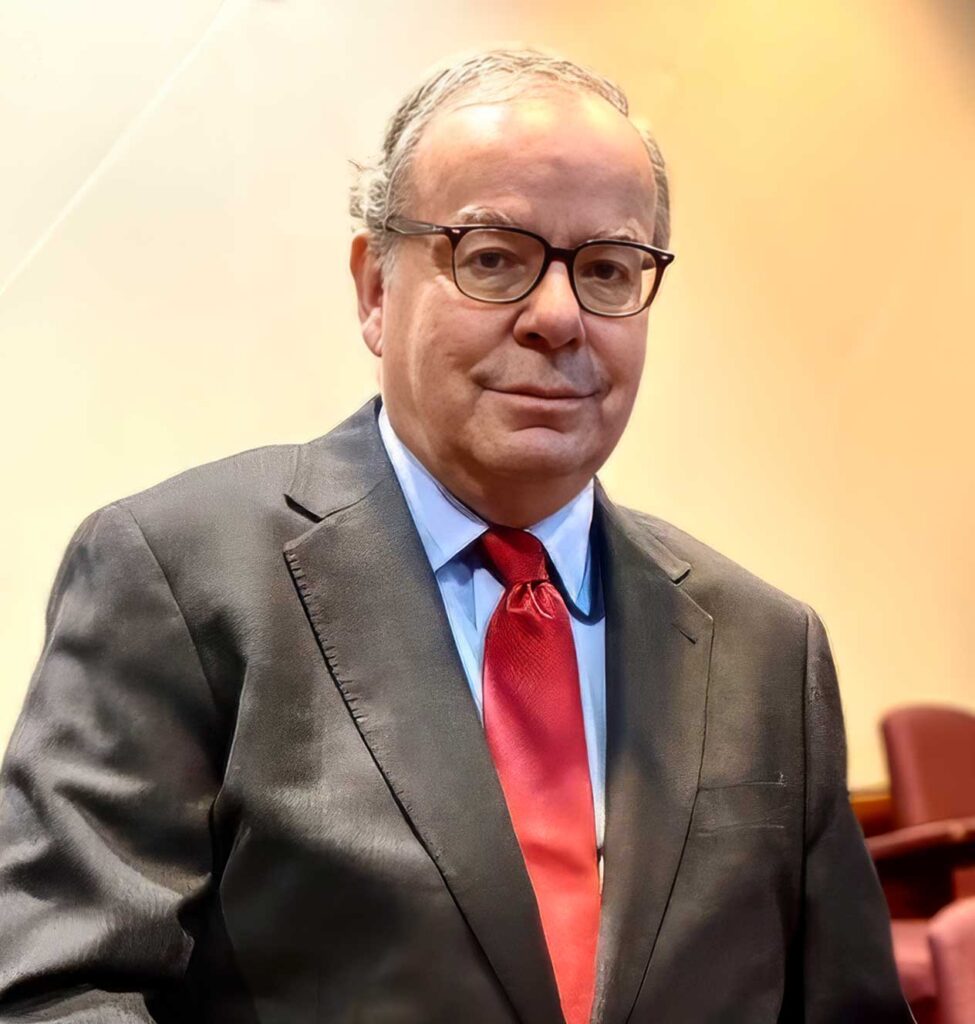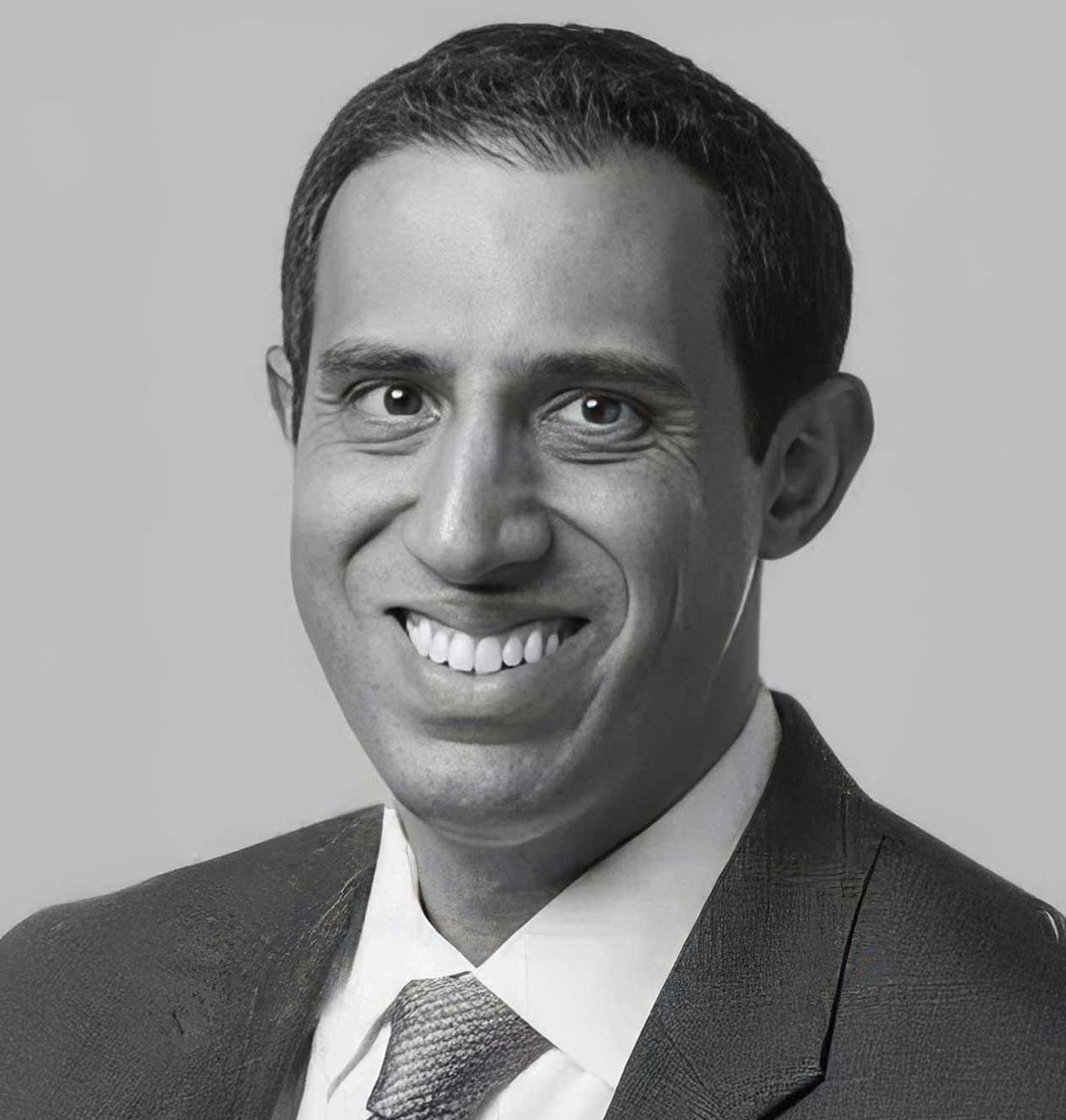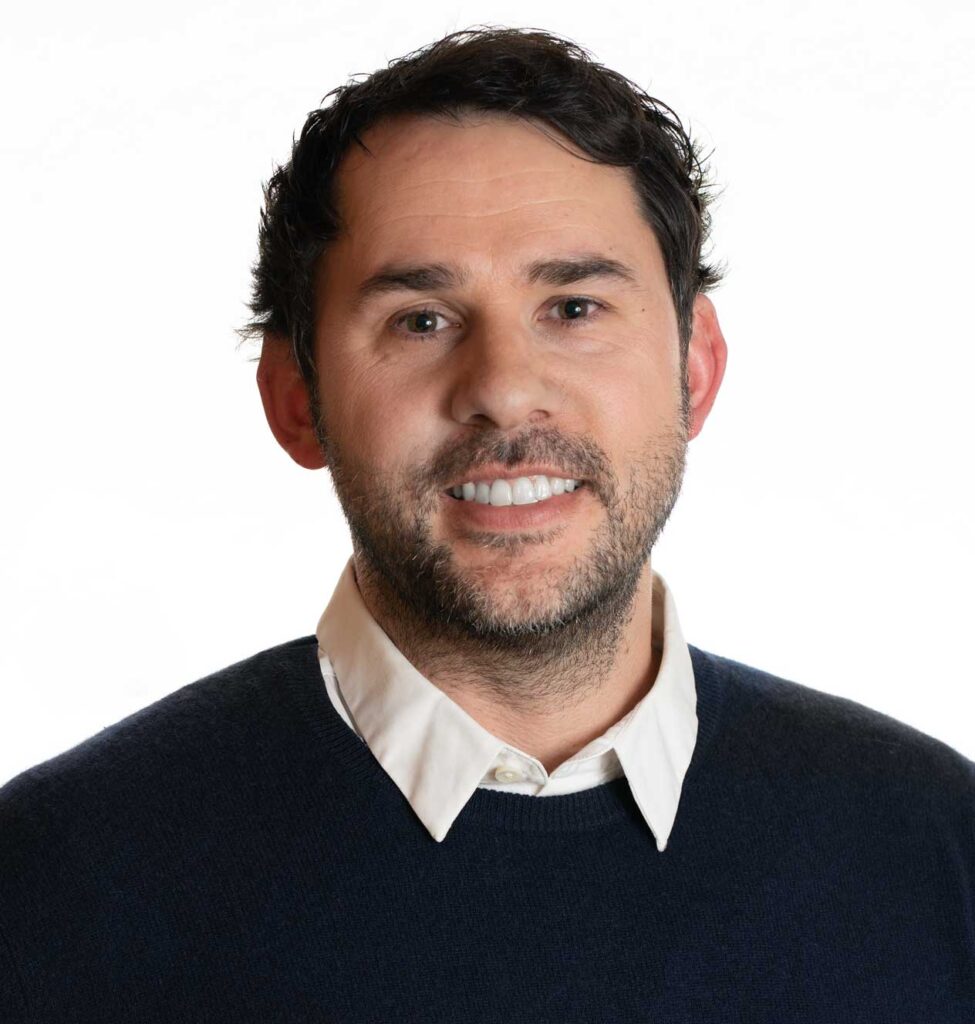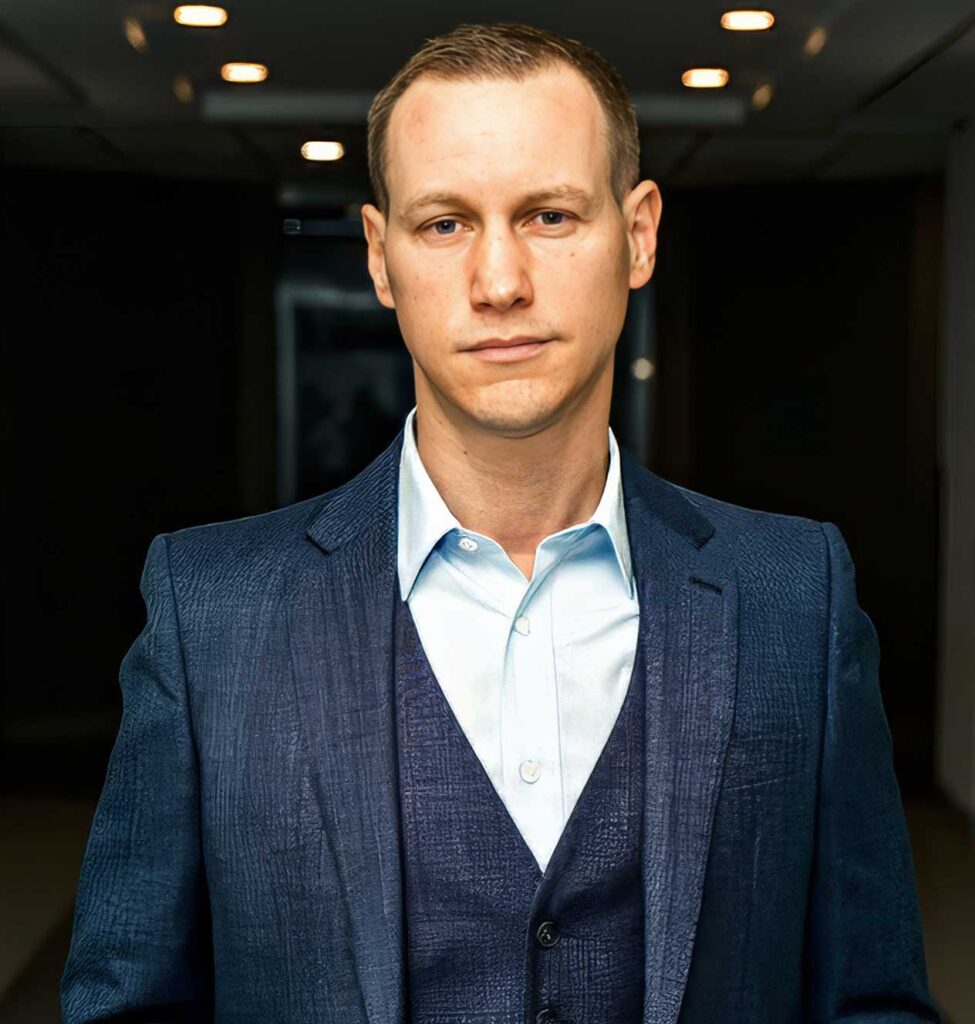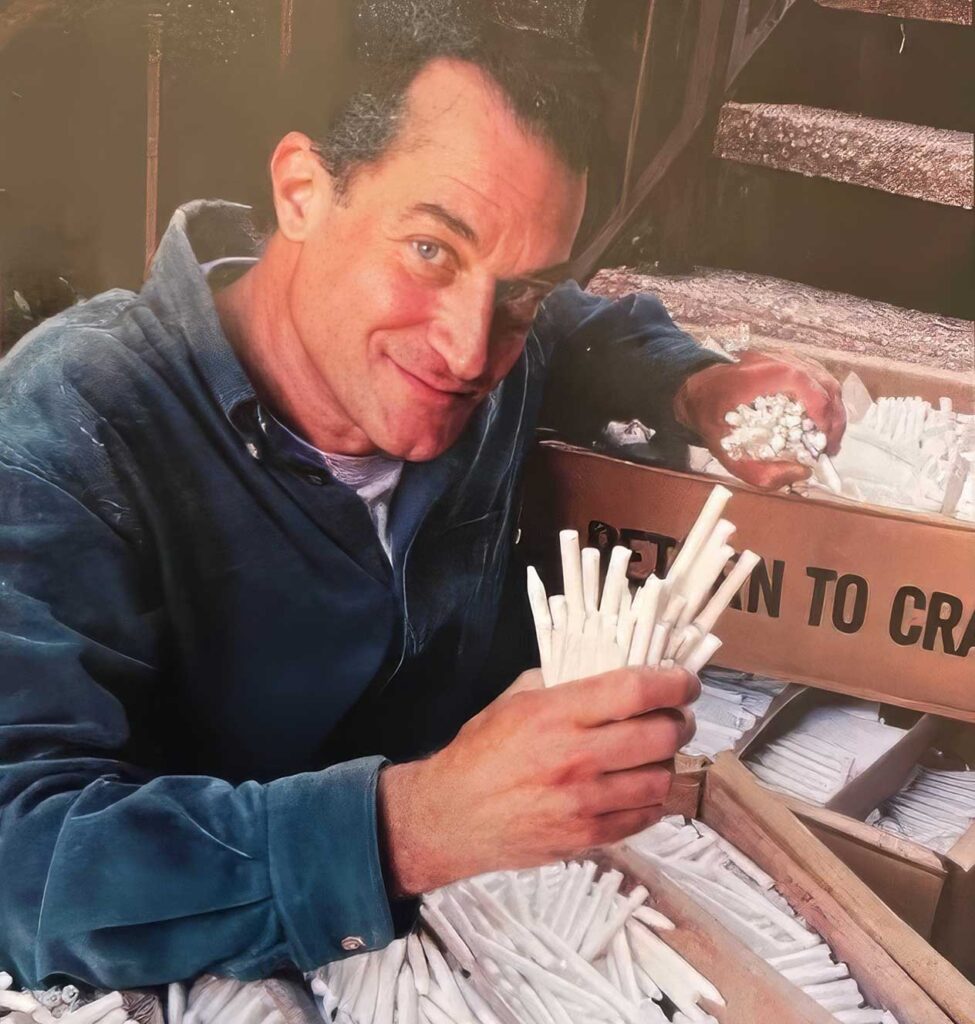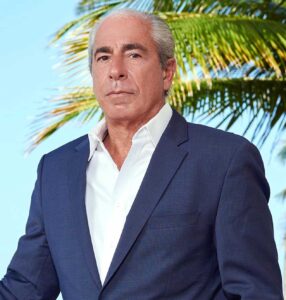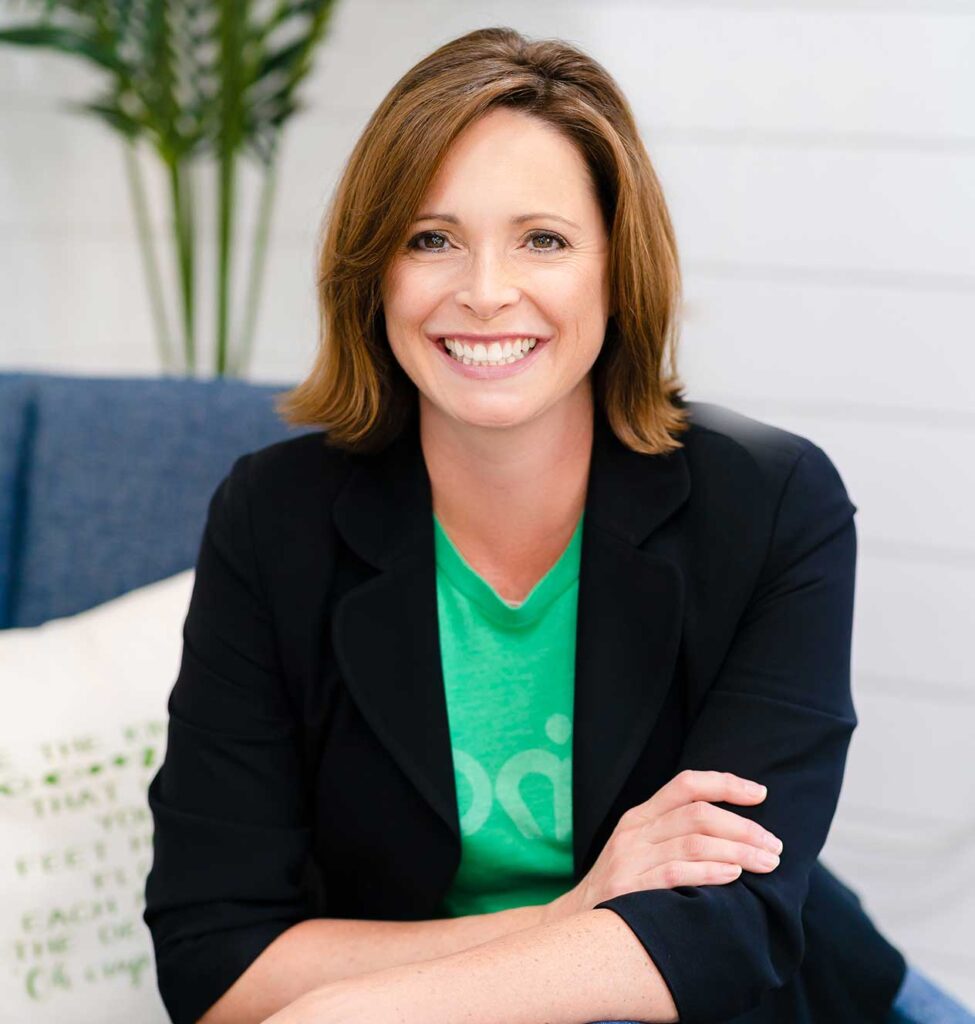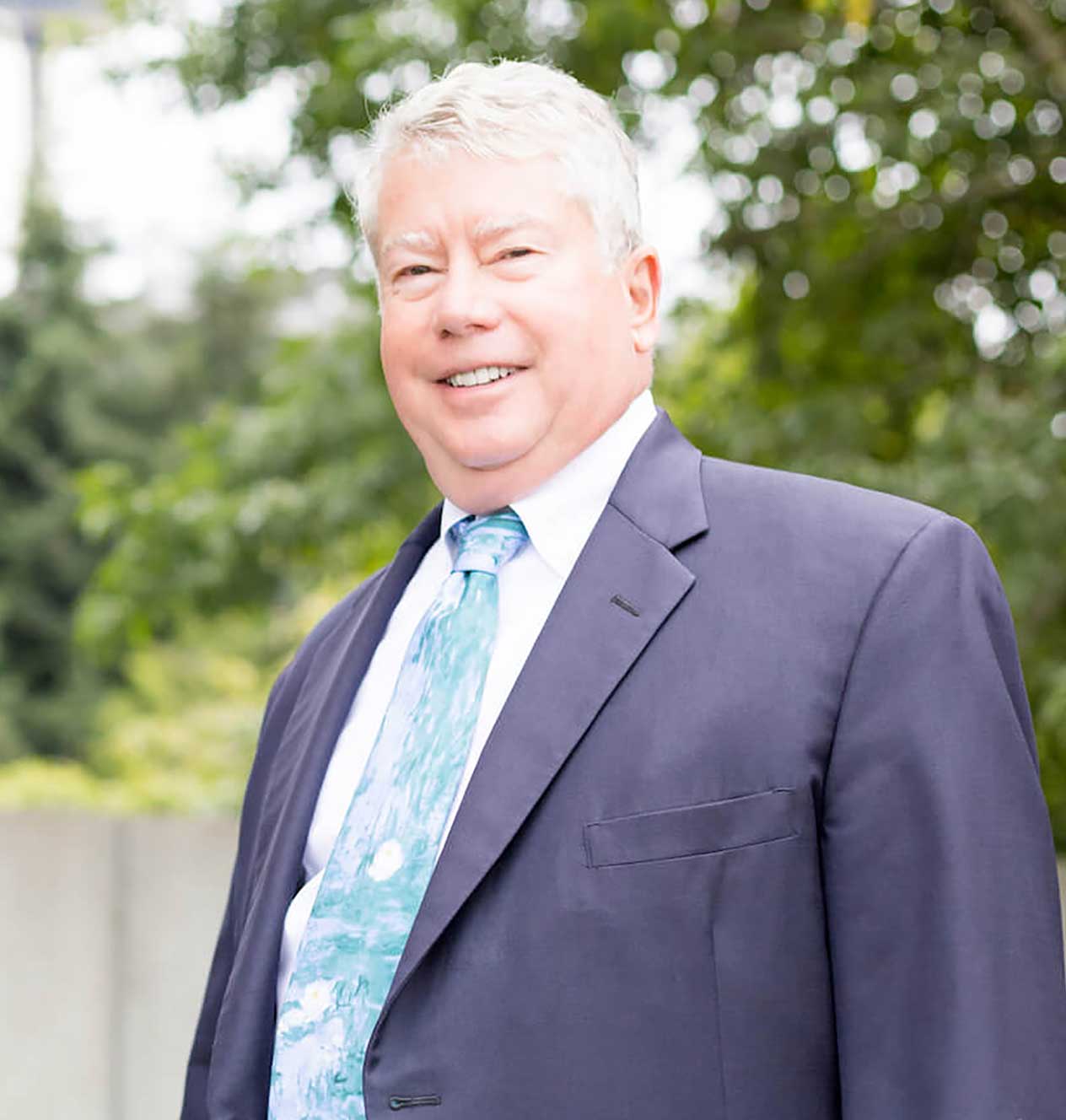Share Your Story with Trial Lawyer’s Journal
Trial Lawyer’s Journal is built on the voices of trial lawyers like you. Share your journey, insights, and experiences through articles, interviews, and our podcast, Celebrating Justice.
Stay Updated
Sign up for our newsletter to get the latest from TLJ.
Jeffery Campiche
And I learned something, and I learned that to be an effective trial lawyer, you have to be respectful even of the people you disagree with. And that’s how my practice has developed. And I think it’s been more successful. I get along very well with the opposing counsel. I don’t give away what I’m not supposed to, but I really believe in being polite and respectful. And I think Mr. Kargianas taught that, and I believe in putting my client first. And my dad taught me that, the doctor. His office was always jammed with patients. Because they all knew that Campiche cared about them.
Click here to view Jeffery’s Profile.
Featured Articles
-
Glossary
What is a Demurrer Judgment?
What is a Demurrer Judgment? A Demurrer Judgment is a court ruling issued after a defendant files a demurrer, arguing that the plaintiff’s complaint.
-
Glossary
What is the TPPRA?
What is the TPPRA? The TPPRA, or Third Party Payor Recovery Act, is a legal statute—most notably used in states like Texas—that gives third-party.
-
Glossary
What are Jury Instructions?
What are Jury Instructions? Jury instructions are the formal legal directions given by a judge to the jury before deliberation in a trial. These.
Explore our Contributors
Discover Next
Insights from Experts
Learn from industry experts about key cases, the business of law, and more insights that shape the future of trial law.
